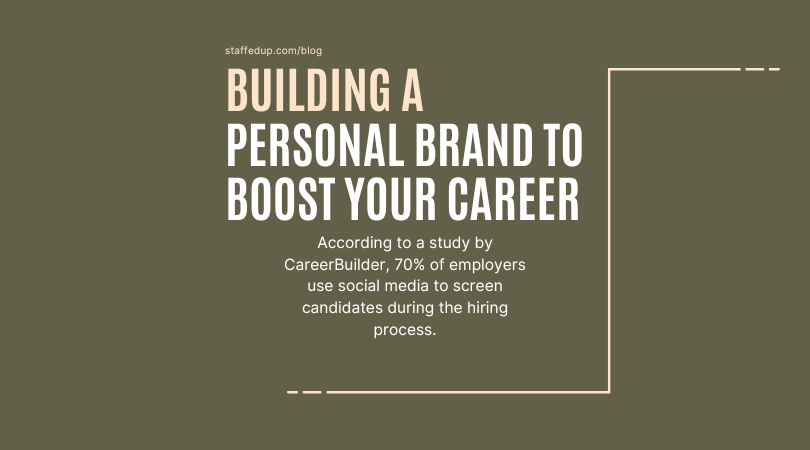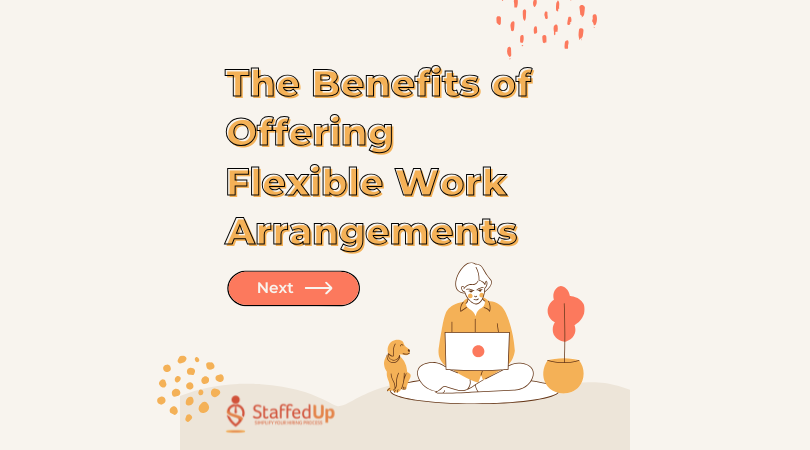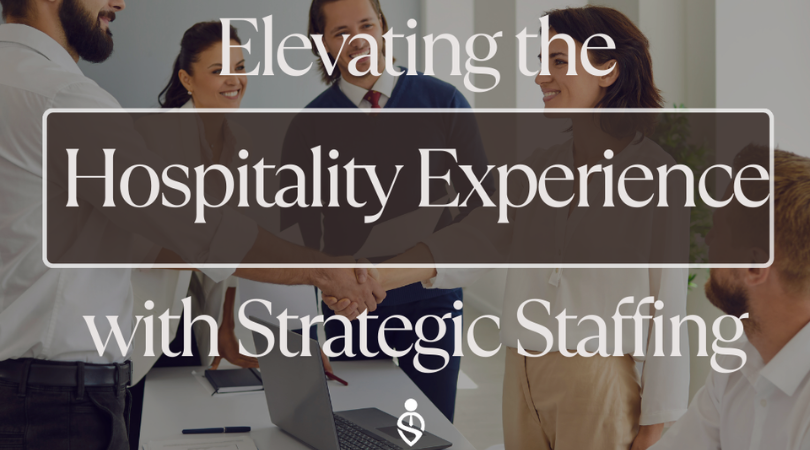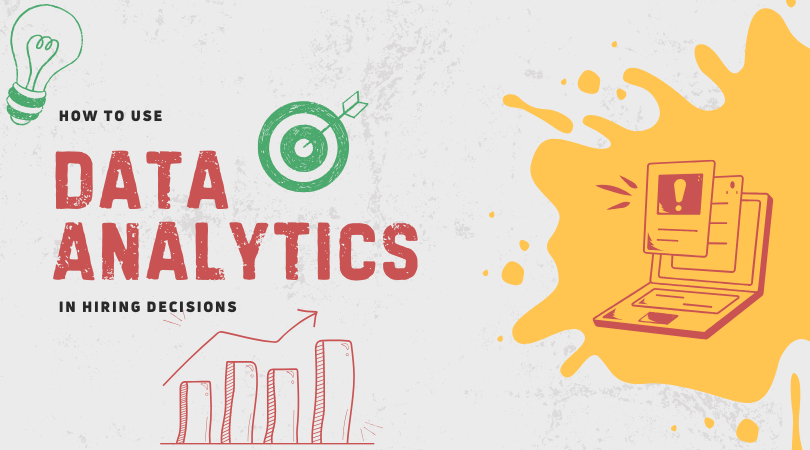In today’s competitive job market, building a personal brand is more important than ever. Your personal brand is the unique combination of skills, experiences, and personality that you want the world to see. It’s how you present yourself to potential employers, colleagues, and clients. By developing a strong personal brand, you can boost your career, open up new opportunities, and stand out in your industry.
Why Personal Branding Matters
Personal branding is not just for celebrities or influencers; it’s essential for anyone looking to advance their career. A well-crafted personal brand can help you build credibility, showcase your expertise, and create a lasting impression. According to a study by CareerBuilder, 70% of employers use social media to screen candidates during the hiring process1. This means that your online presence can significantly impact your job prospects.
Steps to Build Your Personal Brand
- Define Your Unique Value Proposition: Start by identifying what makes you unique. What skills, experiences, and qualities set you apart from others in your field? Your unique value proposition should be the foundation of your personal brand.
- Create a Consistent Online Presence: Ensure that your social media profiles, personal website, and any other online platforms consistently reflect your personal brand. Use the same profile picture, bio, and tone of voice across all platforms to create a cohesive image.
- Showcase Your Expertise: Share your knowledge and insights through blog posts, articles, and social media updates. Participate in industry discussions and offer valuable contributions. This will help establish you as an expert in your field.
- Network Effectively: Building a brand also involves networking. Attend industry events, join professional groups, and connect with influencers in your field. Networking can open doors to new opportunities and help you build a strong professional reputation.
- Seek Recommendations and Endorsements: Ask colleagues, clients, and mentors to provide recommendations and endorsements on platforms like LinkedIn. Positive testimonials can enhance your credibility and reinforce your personal brand.
- Stay Authentic: Authenticity is key to a successful personal brand. Be true to yourself and your values. People are more likely to connect with and trust someone who is genuine.
Leveraging Your Personal Brand for Career Growth
Once you’ve built a strong personal brand, it’s time to leverage it to boost your career. Here are some ways to do that:
- Attract Job Opportunities: A strong personal brand can make you more attractive to potential employers. Highlight your achievements and skills on your resume and online profiles to catch the attention of recruiters.
- Advance in Your Current Role: Use your brand to demonstrate your value to your current employer. Share your successes and contributions with your team and management to position yourself for promotions and new responsibilities.
- Expand Your Professional Network: Your brand can help you connect with like-minded professionals and industry leaders. These connections can lead to collaborations, mentorship opportunities, and new career paths.
Conclusion
Building a personal brand is a powerful way to boost your career. By defining your unique value proposition, creating a consistent online presence, showcasing your expertise, networking effectively, seeking recommendations, and staying authentic, you can create a personal brand that sets you apart in your industry. Start building your brand today and unlock new opportunities for career growth. To find that first opportunity, check out what’s open at StaffedUp.





